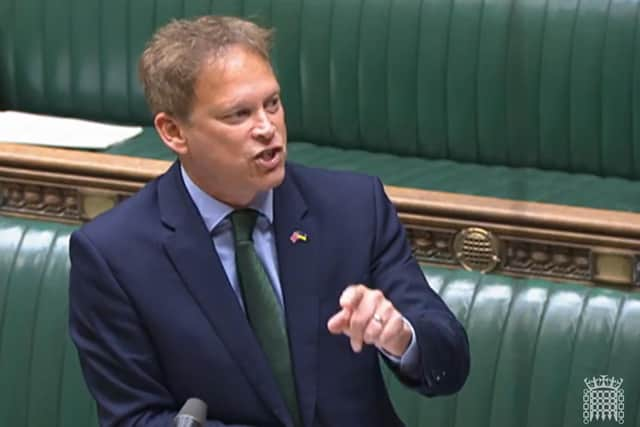Minimum service levels bill is an insult to key workers - The Yorkshire Post says
Downing Street says the new legislation is necessary to "protect the public". But given that we have NHS workers telling us that they’re already not in a position to protect the public during non-strike days, perhaps the Government may want to start proposing what it will do to solve the crisis in our health service.
Sticking plasters such as buying beds or offering pots of extra funding here and there is not going to be enough.
Advertisement
Hide AdAdvertisement
Hide AdOffering to treat patients in cabins in car parks to ease the pressure on overcrowded A&E departments is hardly the sign of a healthy NHS.


The Government needs to come up with a transformative Health and Social Care bill. At the moment, it feels as if the Government is just wishing the crisis away. That is a strategy that could land the country in even more trouble next winter.
Healthcare experts have long warned of an impending crisis that we are now witnessing first-hand.
While some of the issues in the health service can be attributed to the pandemic, there was sufficient time for the Government to implement policy that would have made the situation a lot more manageable.
Advertisement
Hide AdAdvertisement
Hide AdAs to the anti-strike legislation, the Government would have a footing on firm ground had it shown a willingness from the start to negotiate with union bosses. It represents a direct attack on workers rights and is a slap in the face for the hardworking key workers that were lauded for their heroism.
The anti-strike legislation, which is aimed at key public services, is an insult to some of the lowest paid but critically important workers.